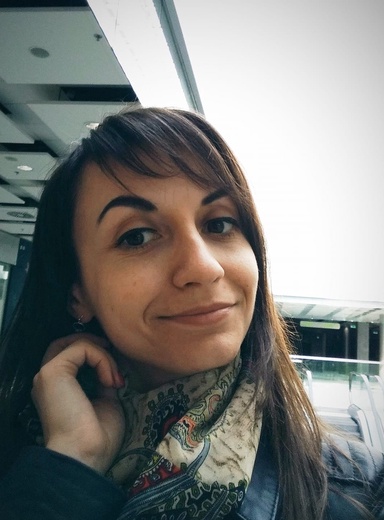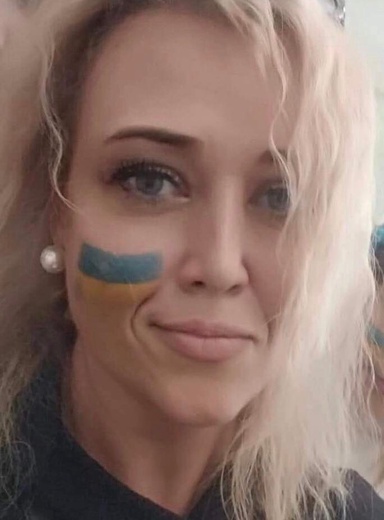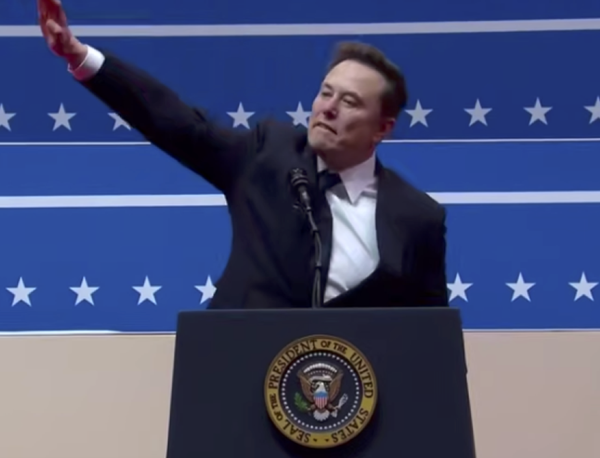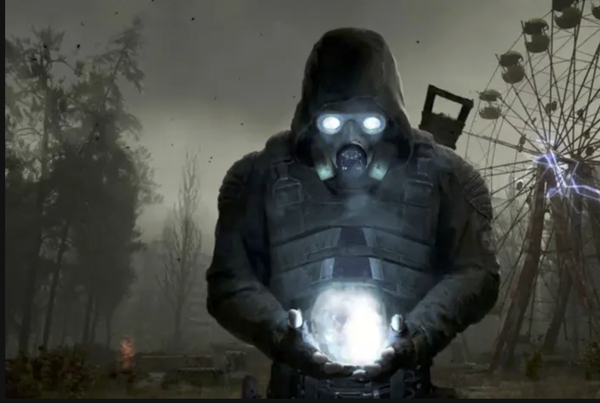Come out and stand around a bit. How the russian “opposition” helps Putin
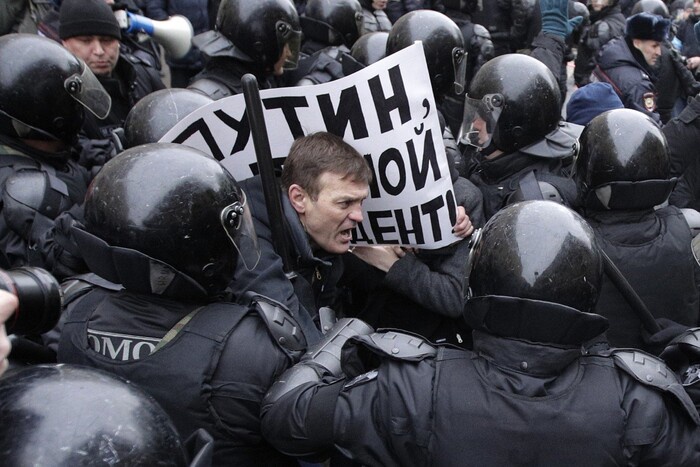
Currently, russia is holding what they call “elections”. For the first time ever, this farce is being held over three days — from March 15 to 17. However, rather than talking about the predictable winner (we’re sure he’ll win by a large margin over all the other candidates), let’s direct our attention to the so-called russian “opposition,” a subject of admiration for Western observers.
During the two-year full-scale invasion, the purported “russian opposition”, largely ensconced “in exile” in European countries, has remained conspicuously inert in aiding Ukraine or challenging the Putin regime. This inertia persists through the charade of the recent elections. They openly concede their lack of expectation for change in their country, and proffer only passive resistance tactics, actions that merely skim the surface without substantive impact and offering no solution. In fact, they inadvertently bolster putin’s grip on power.
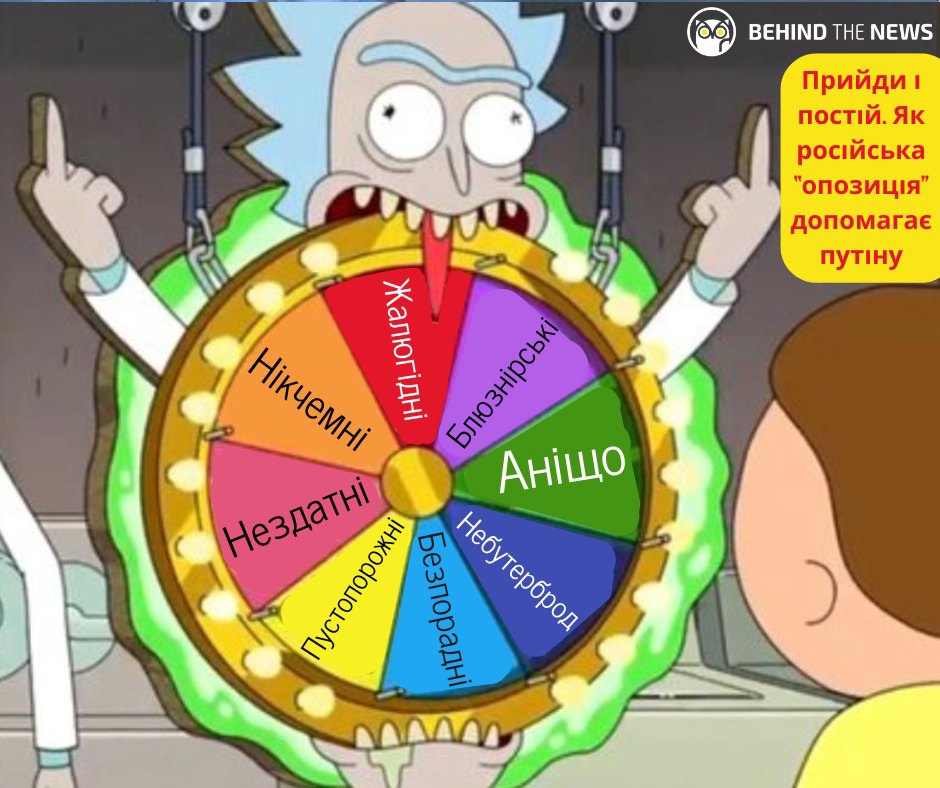
The upcoming rally — called “Noon against Putin” — is slated for March 17. The premise is simple: russian citizens who don’t support putin’s policies are urged to flock to so-called polling stations en masse at noon on the last day of the presidential elections.
“Well, they’ll come out and then what?” you may ask. Will they burn tyres? Will they throw Molotov cocktails? No, such displays are not characteristic of russian protest methods. Instead, the russian “opposition” once again washes its hands of responsibility: “It’s up to you to choose what to do next,” they say.
Although alternatives for “the struggle” exist, they are confined within the kremlin’s “legal framework”. Even Navalny’s widow, in her recent appeal, outlines permissible actions that rally attendees can use:
- Cast a “vote” for any candidate other than Putin.
- Spoil the ballot paper.
- Write “Navalny” on the ballot paper (in capital letters).
- Simply come out and stand around a bit at the polling station, then turn around and head home.
To many of us, such a “protest” appears ludicrous. However, Politico, dedicating an entire article to the campaign, hailed it “in many ways, an ingenious plan”.
If the aim of the “Noon against Putin” initiative is to inadvertently help Putin, then it’s undeniably an ingenious plan.
A year ago, putin’s spokesperson proclaimed he would win with 90% of the vote. A massive turnout at the polls merely serves to bolster these figures, painting a picture of widespread democratic engagement and citizen support.
Another brainchild of the russian “opposition” is the Foton app. Its concept? russians visit a so-called “polling station,” where the app randomly selects one of putin’s three “opponents” in the “election” or suggests “invalidating the ballot.”
Firstly, even the semblance of “voting” serves to legitimize the sham election.
Secondly, the scattering of “votes” among alternative candidates will only serve to bolster putin’s “victory” by a wide margin.
What’s more, these other “candidates” offer little change from putin himself. Among those permitted to partake in this mock presidential election are the likes of 75-year-old Communist Party representative Nikolai Kharitonov, Leonid Slutsky from the Liberal Democratic Party (Zhirinovsky’s faction), and Vladislav Davankov of the New People party. Notably, all three are under sanctions imposed by both Ukraine and Western nations. Essentially, the so-called russian “opposition” is rallying support for figures who endorse russia’s invasion of Ukraine.
Moreover, the notion that an app will decide the “candidate” only underscores the insignificance of the russian “opposition,” absolving them of any responsibility once again.
The “opposition” concede that their actions are purely symbolic, aimed not at protesting the dictator who has seized power and unleashed yet another war but at “boosting the morale of their supporters.” Another objective is to “demonstrate to russians opposed to putin that they are not alone and to showcase to the world that not all russians stand by their leader.”
Let’s assume that the primary objective of the “opposition” leaders is to create the illusion of active resistance in the eyes of the Western world. Since the onset of the invasion, the narrative pushed by the “good russians” has been that this is putin’s war, and russians themselves are among his victims, perhaps even more so than Ukrainians. And as dual victims, they deserve favourable treatment.
For instance, Politico reported that Navalny’s team managed to raise around 240,000 euros “during a typical political campaign.” That’s quite impressive, you might say, particularly considering this team wields no political influence within so-called russia.
Unfortunately, the world seems to completely buy into this illusion. Major Western media outlets, covering this imitation of “elections” in so-called russia, have mostly fixated on the “struggle” of russians. The coverage of the “Noon against Putin” initiative has eclipsed any mention of the “elections” being held at gunpoint that are taking place in the russian-occupied territories of Ukraine or in the frontline areas ![]()
Prepared by Aliona Malichenko.

